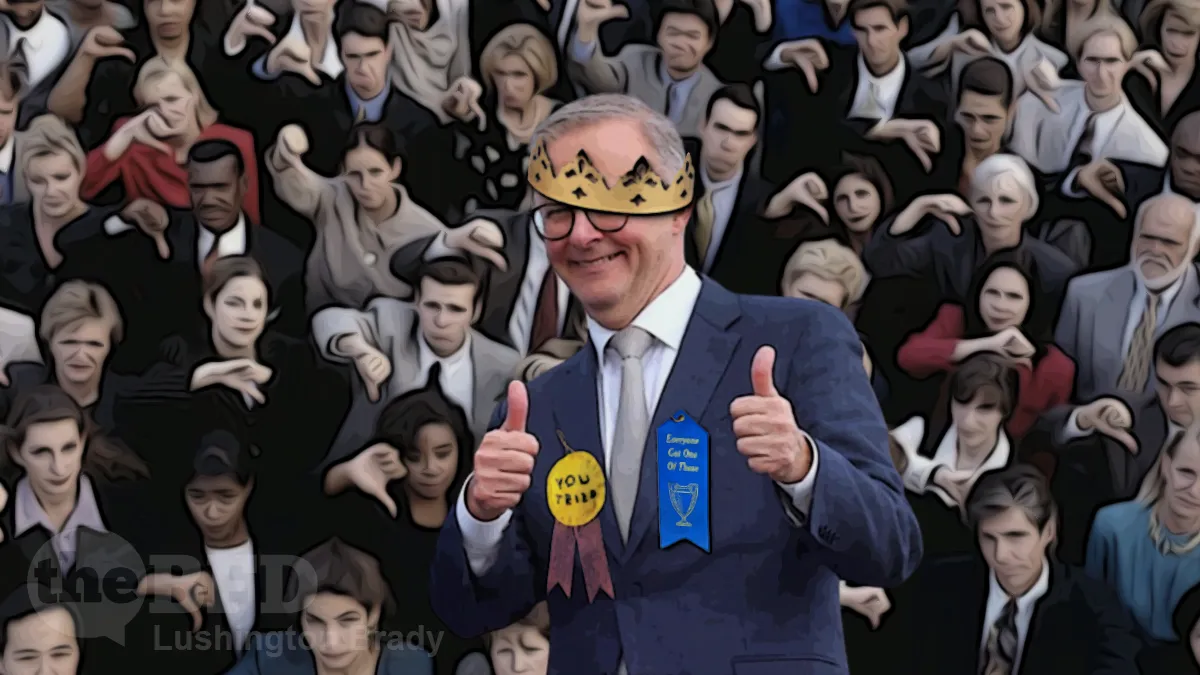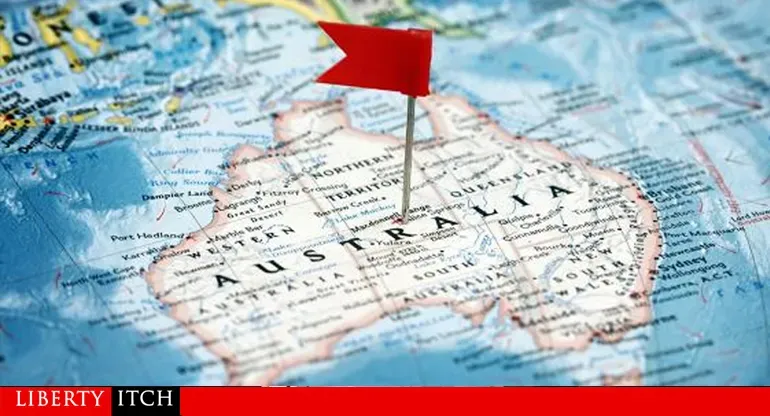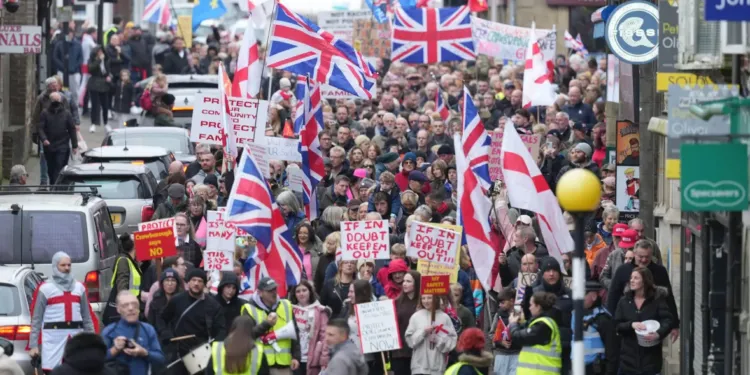Table of Contents
Climate has never been an election winner in Australian politics. Every time an election has been fought explicitly on climate policy, the climate cultists have lost.
Kevin Rudd’s 2007 campaign focused more on pitching himself as a slightly more youthful clone of John Howard (how many times did Rudd parrot “I’m an economic conservative”?). Rudd merely proved the old adage that Australians don’t vote governments in, they kick governments out. When Julia Gillard introduced a carbon tax days after an election where she’d specifically ruled one out, her government was dead in the water from that moment on.
Tony Abbott campaigned heavily on the opposite: ditching the carbon tax. He very nearly consigned Labor to just the second single term government in Australia’s history. The next election, hammering “Ditch the Tax”, Abbott won in a landslide.
Malcolm Turnbull promoted climate policies, and threw away Abbott’s landslide to minority government. Bill Shorten tried to play an each-way bet, but was lumped in with former Greens leader Bob Brown’s anti-coal “caravan”. Shorten’s opponent, Scott Morrison brandished a lump of coal in parliament, and won a “miracle” election.
Then Morrison was bullied by Liberal Wets into backing “Net Zero”. Anthony Albanese wisely kept his gob shut on the issue. We all know what happened next.
But, has Albanese just had his “carbon tax” moment?
Prime Minister Anthony Albanese signing a deal to prioritise “climate gestures” amid an energy crisis could be “signing his own political death warrant,” says Sky News host Chris Kenny.
Mr Albanese and Climate Change Minister Chris Bowen signed a letter to the United Nations promising to deliver cuts to Australia’s emissions by at least 43 per cent by 2030.
“So that’s it, rather than ensure you have enough electricity, no greenouts, and that your electricity is affordable,” Mr Kenny said.
“Albanese and Bowen, in the middle of an energy crisis, have bowed to the UN and promised to cut our emissions by even more.
“The political timing is unthinkable.”
MSN
In less than a month into the job, Albanese has been on two overseas jaunts — in carbon-spewing government jets — and Australia’s biggest cities have come far too close to going dark during an unusually cold winter. Everyone who isn’t a Greta-besotted climate cultist or greenwashing corporate rent-seeker knows why: our coal powered generation has been either shut down entirely or left to fall apart. The transition to unreliable wind and solar is just compounding the disaster.
So, what do the cultists and rent-seekers want to do?
The Australian Energy Market Operator had to take the extraordinary step this week of suspending the electricity market to preserve supply and prevent blackouts across five states. In response to the power crisis, several figures from business and politics have called for a faster transition to renewable energies, arguing that wind and solar – in concert with battery storage – will solve our energy and climate problems.
While it is true that our coal-fired power plants are old and creaky, renewable energies are unlikely to reduce variability and uncertainty in the market. On the contrary, they are likely to increase uncertainty because their ability to generate energy is dependent on the weather. The more we rely on renewables, the more variability and potential for dysfunction there will be.
How has that worked out elsewhere?
The experience of Germany demonstrates the impact that renewables can have on electricity markets. A 2019 report produced by Deloitte on the German electricity market says newer, more modern coal-fired plants are able to meet the “flexibility challenge” posed by renewables, but older plants cannot.
Despite having the highest share of cheap renewable energy from wind and solar, Germany has the highest electricity prices in Europe. Fossil fuels are locked in as backup power, which has led Germany to become dependent on imported gas from Russia. This is despite spending $743bn on its energy transition.
The only European countries who are able to generate low-cost, reliable non-fossil fuel power don’t do so with wind and solar. They use nuclear and hydro power — two sources that the Greens are absolutely, irresolutely opposed to.
From watching the European experience, we know baseload power can come only from coal, gas or nuclear energy.
The Australian
So, we can’t say we weren’t warned.
At the same time European central banker Isabel Schnabel refers to “greenflation” for driving up not just electricity, but food prices (natural gas is a critical raw material for fertilisers).
It takes a special type of stupid to argue that what we really need is more of what got us into this unholy mess.
And if the lights and heaters start going out, while food and petrol prices skyrocket, Albanese is toast. Blaming the former government is not going to wash with furious voters — most of whom, remember, did not vote for Albanese’s Labor — who are cold, hungry and stranded in the driveway because they can’t afford a tank of petrol.








